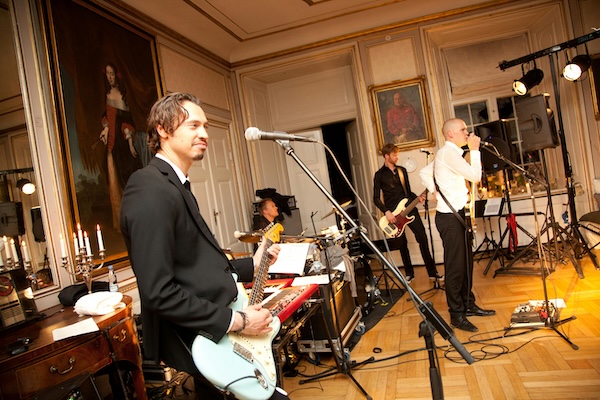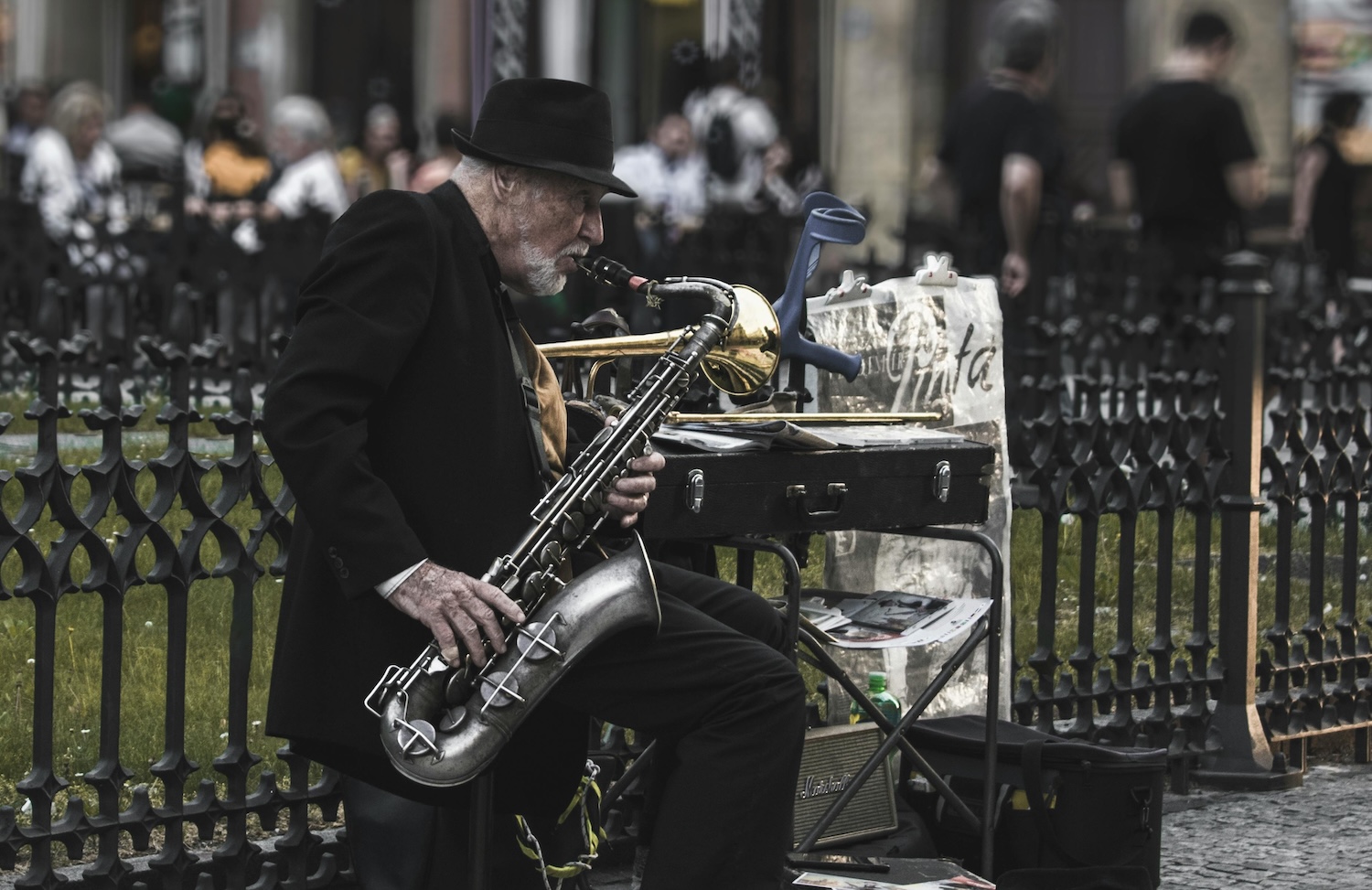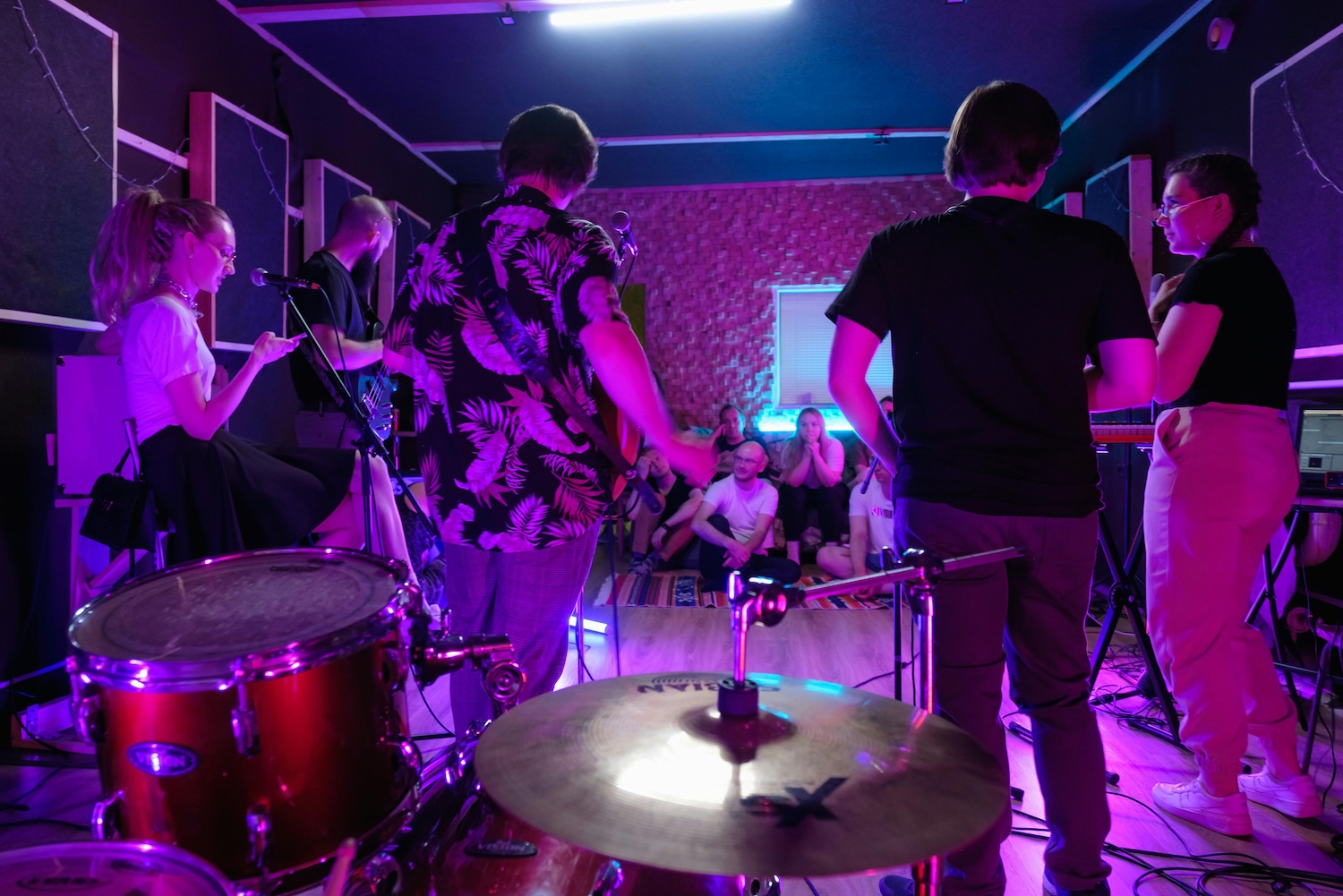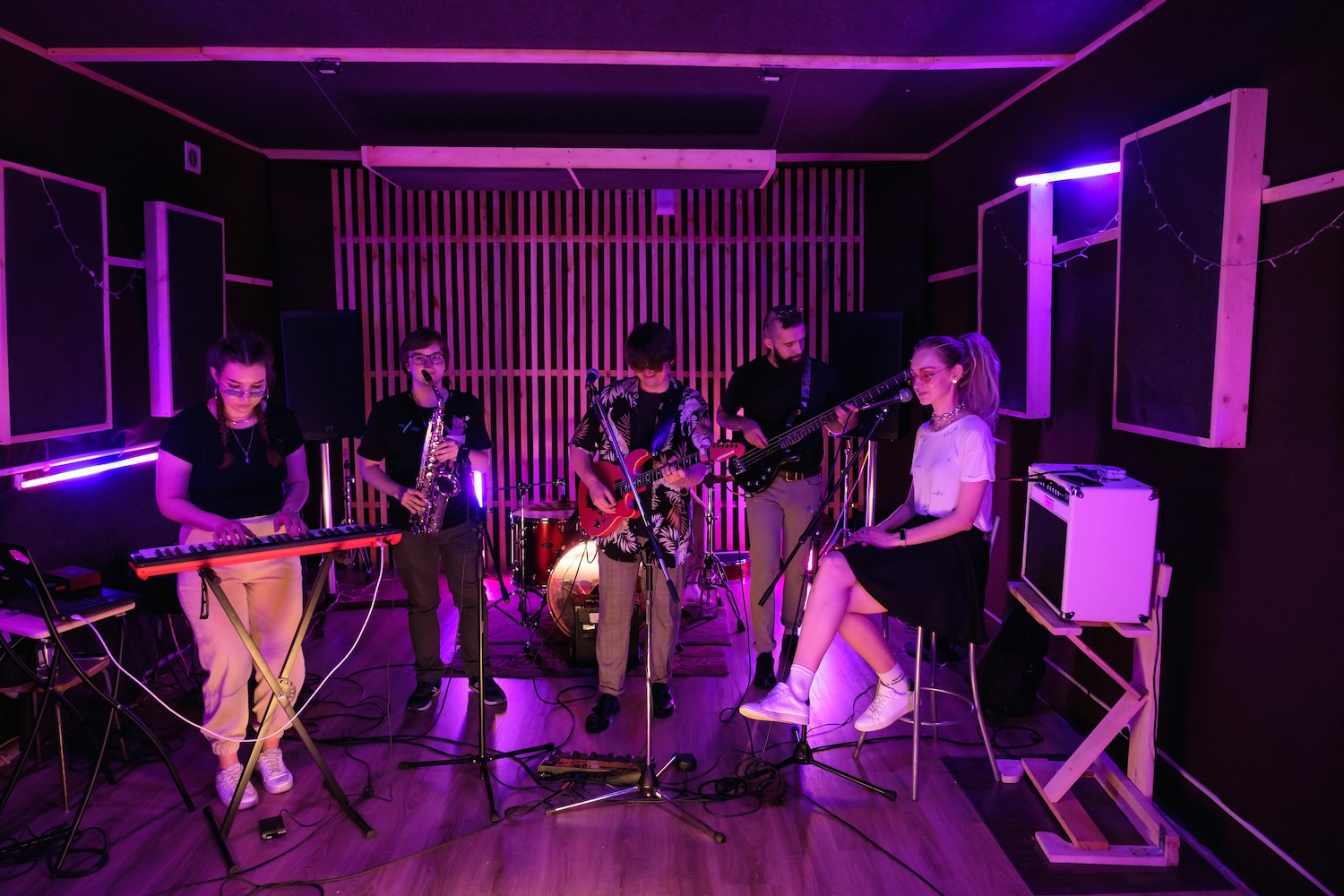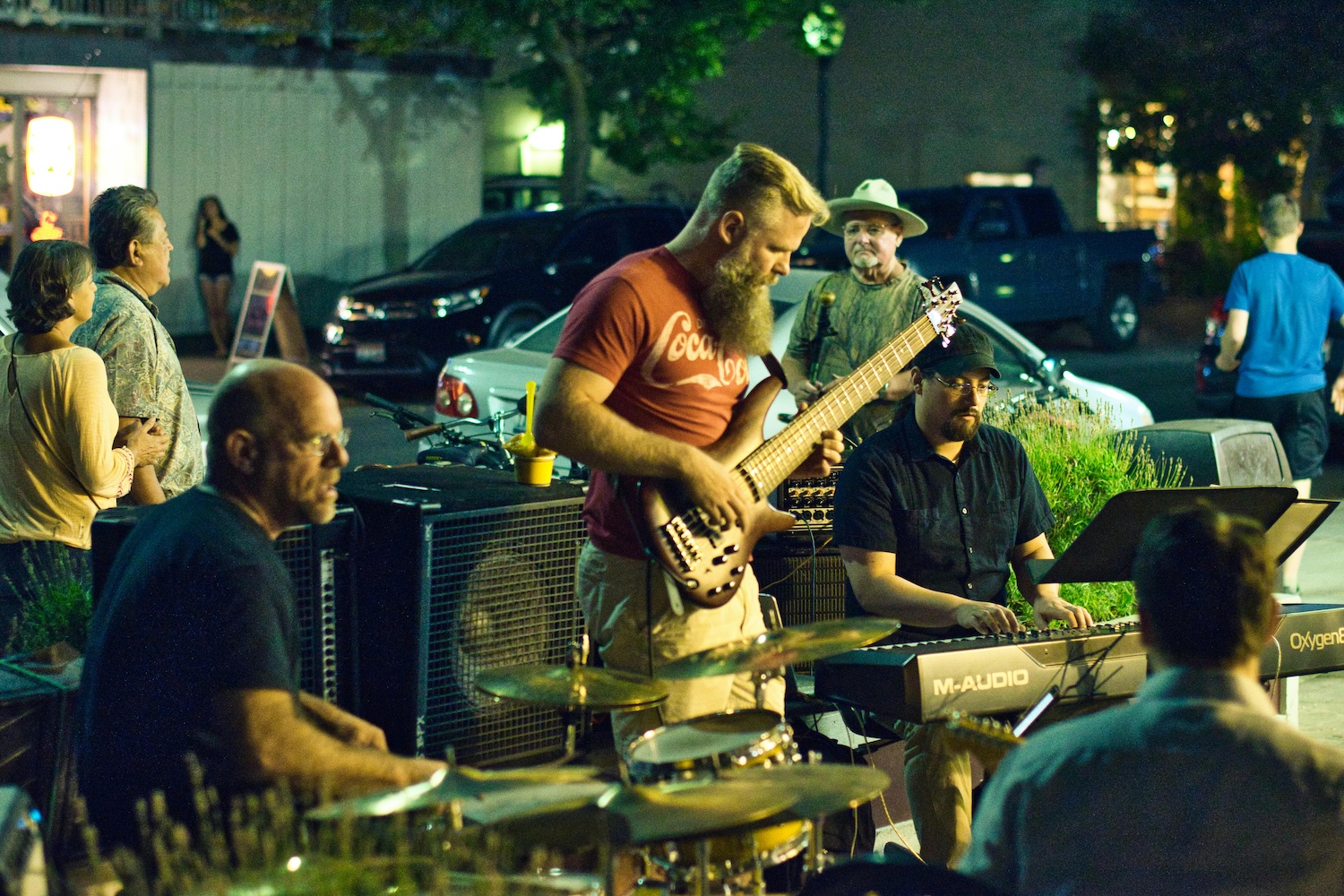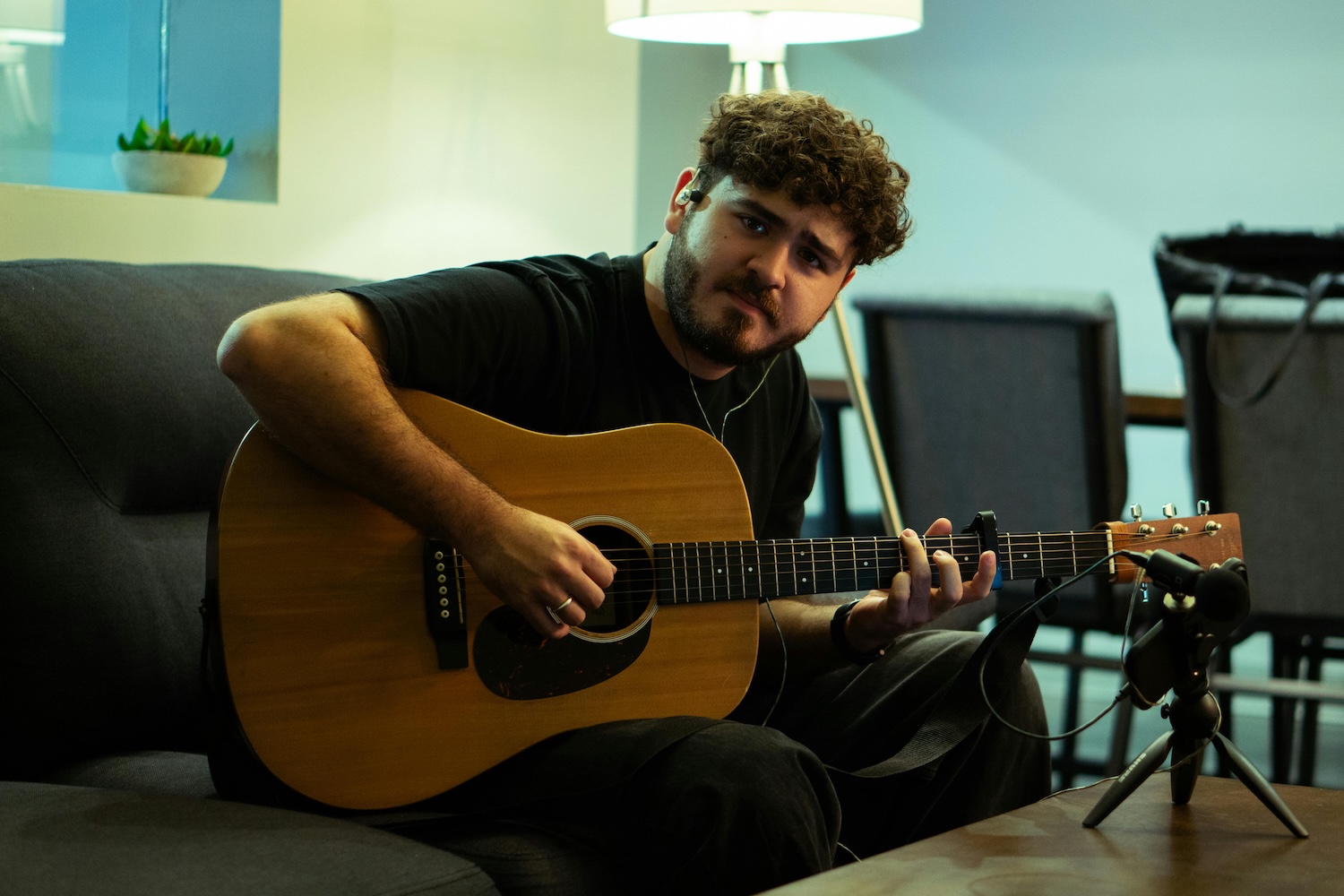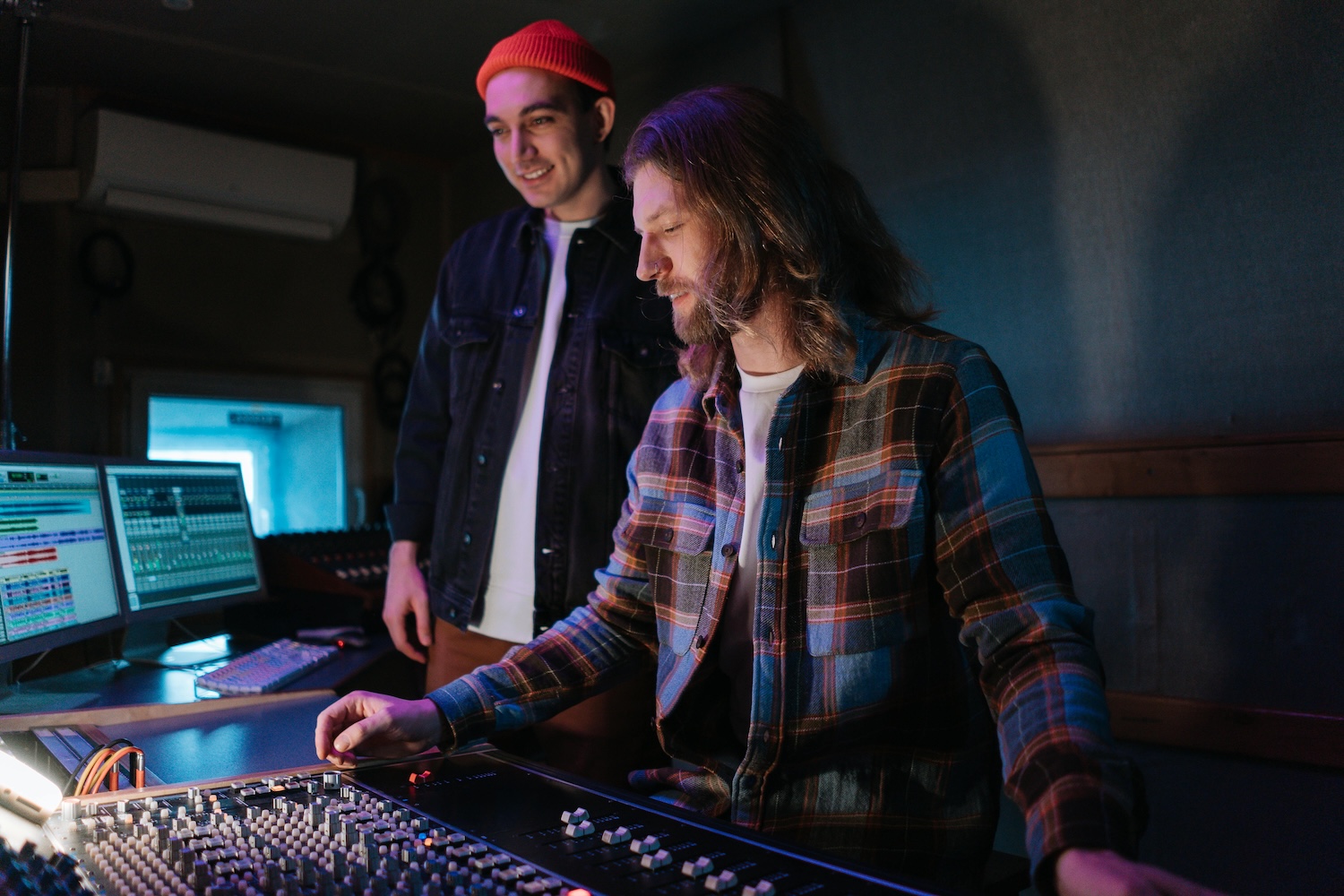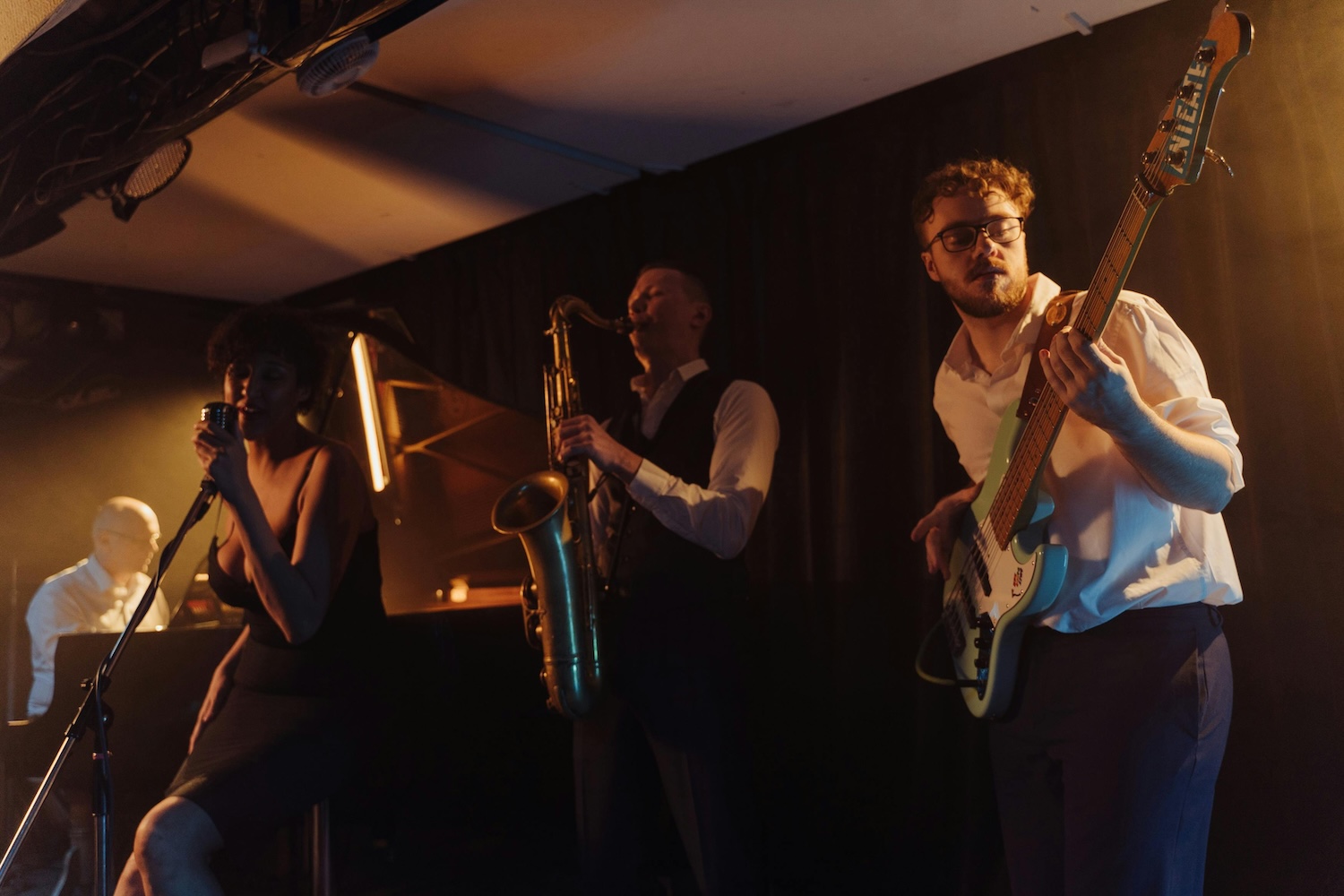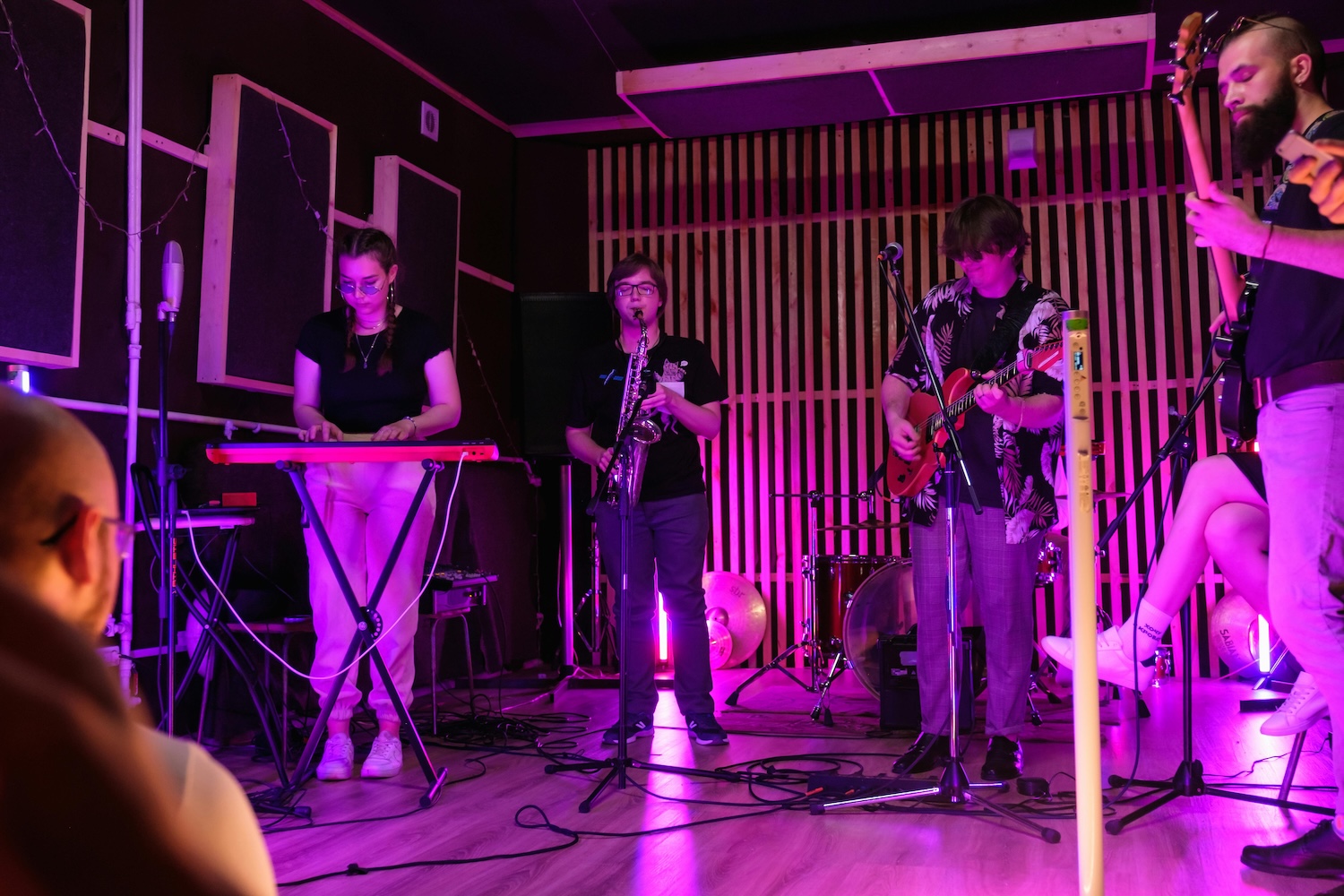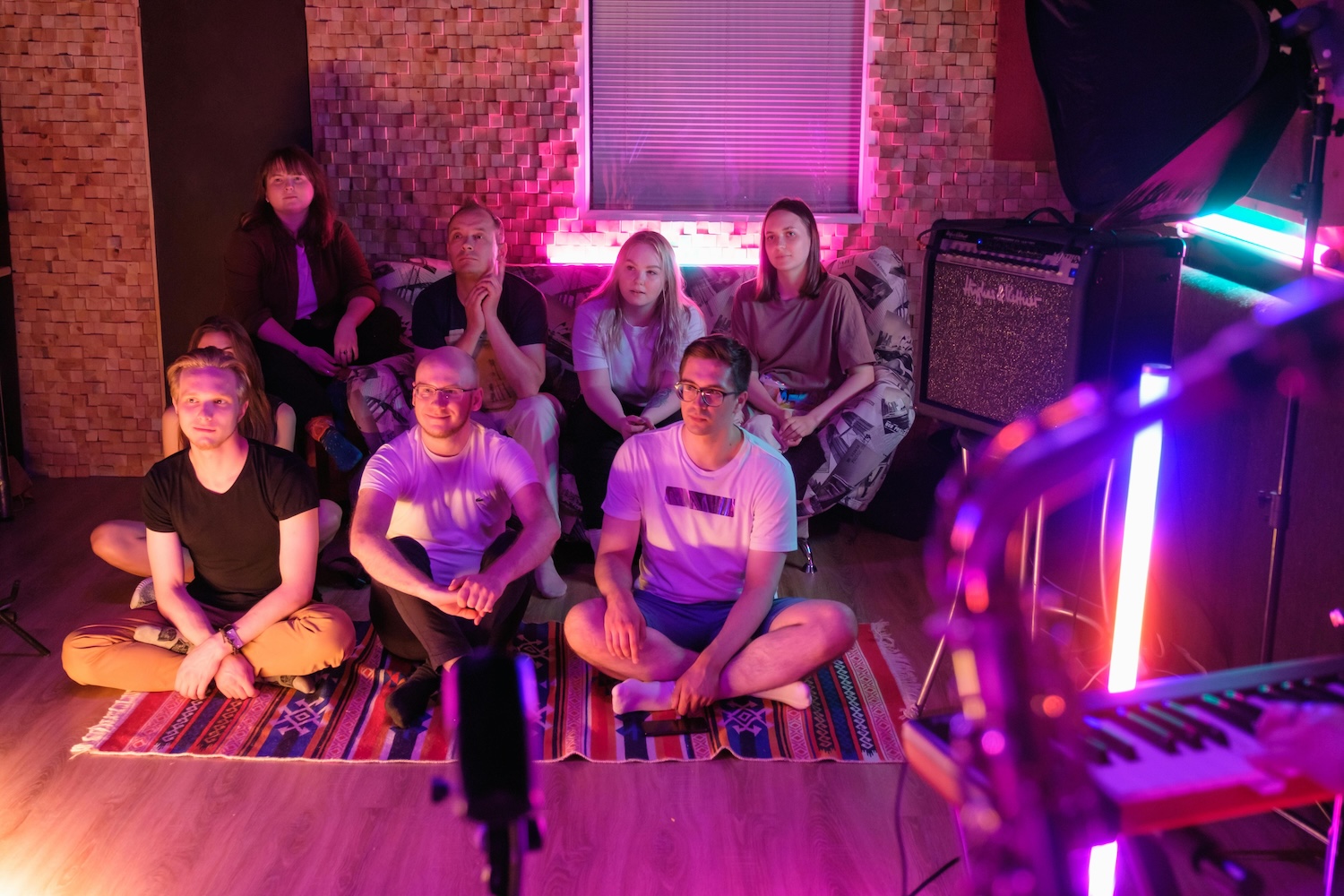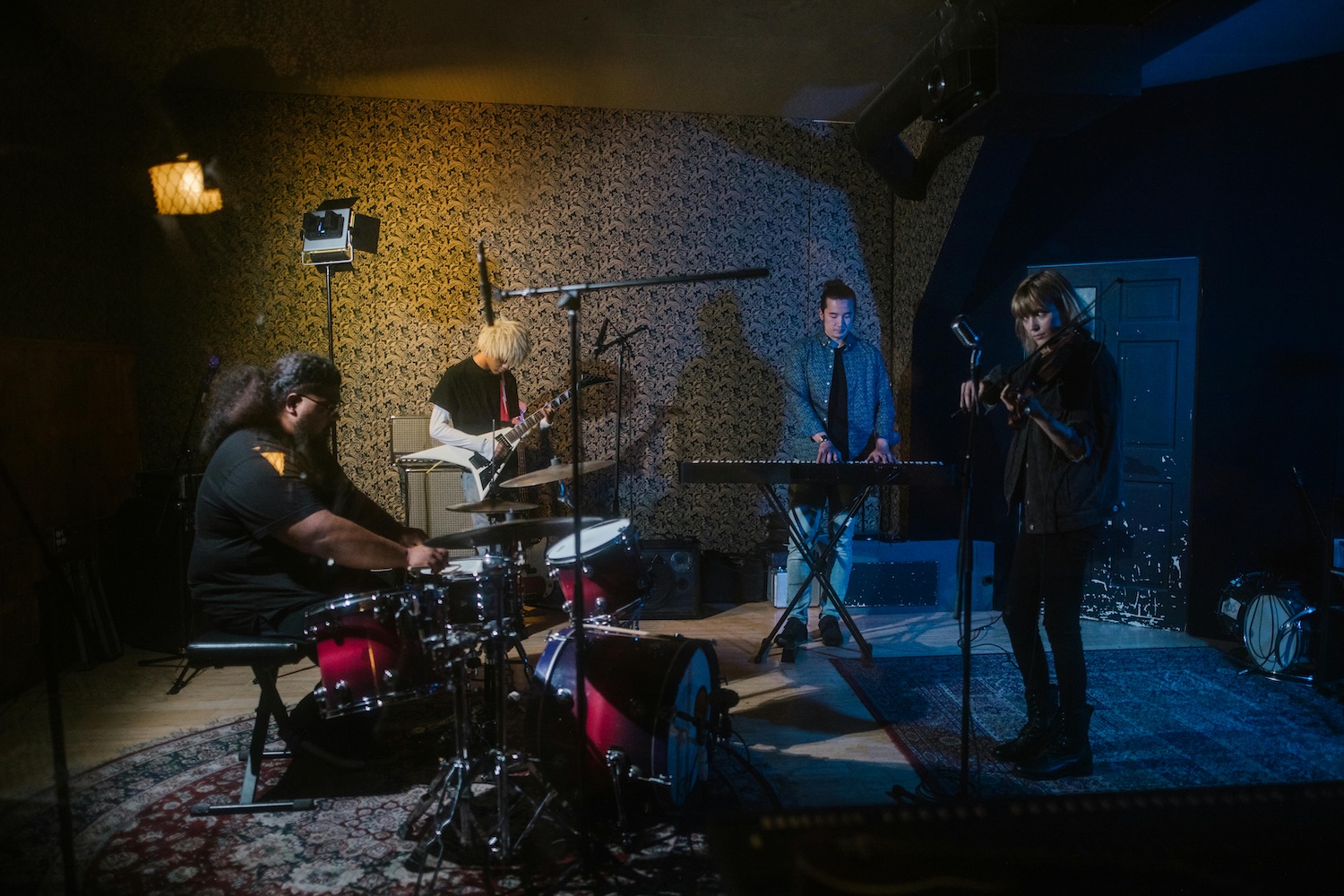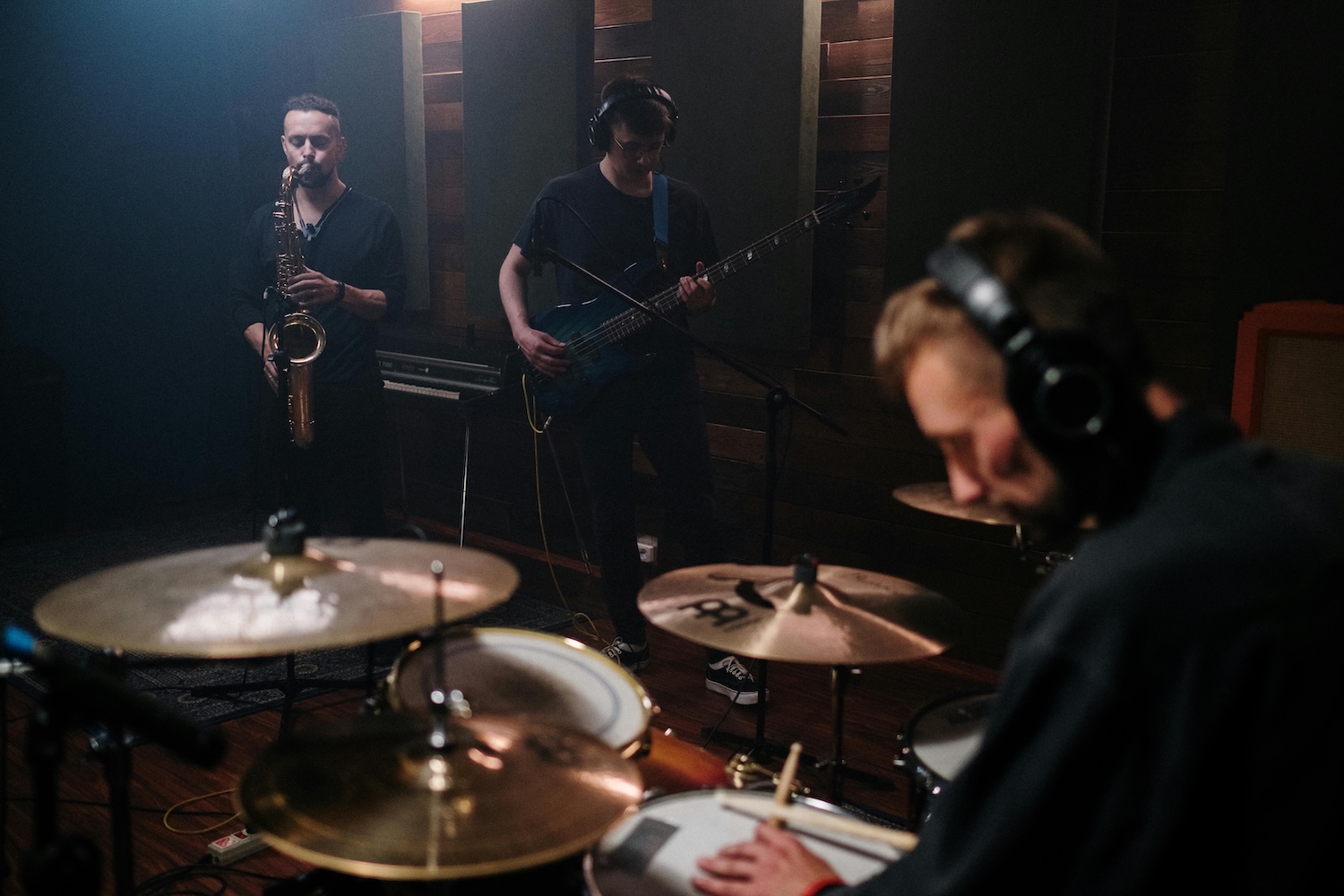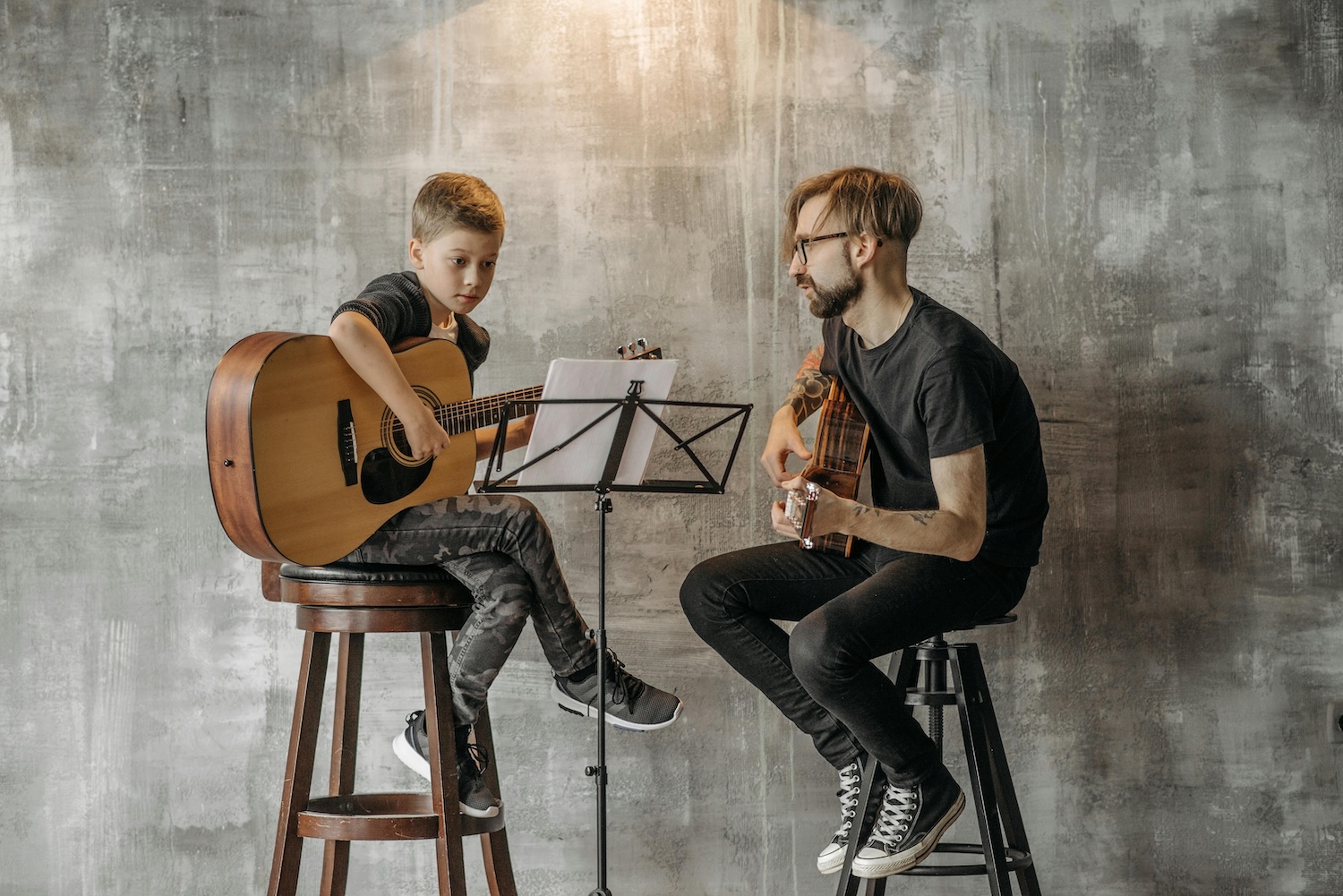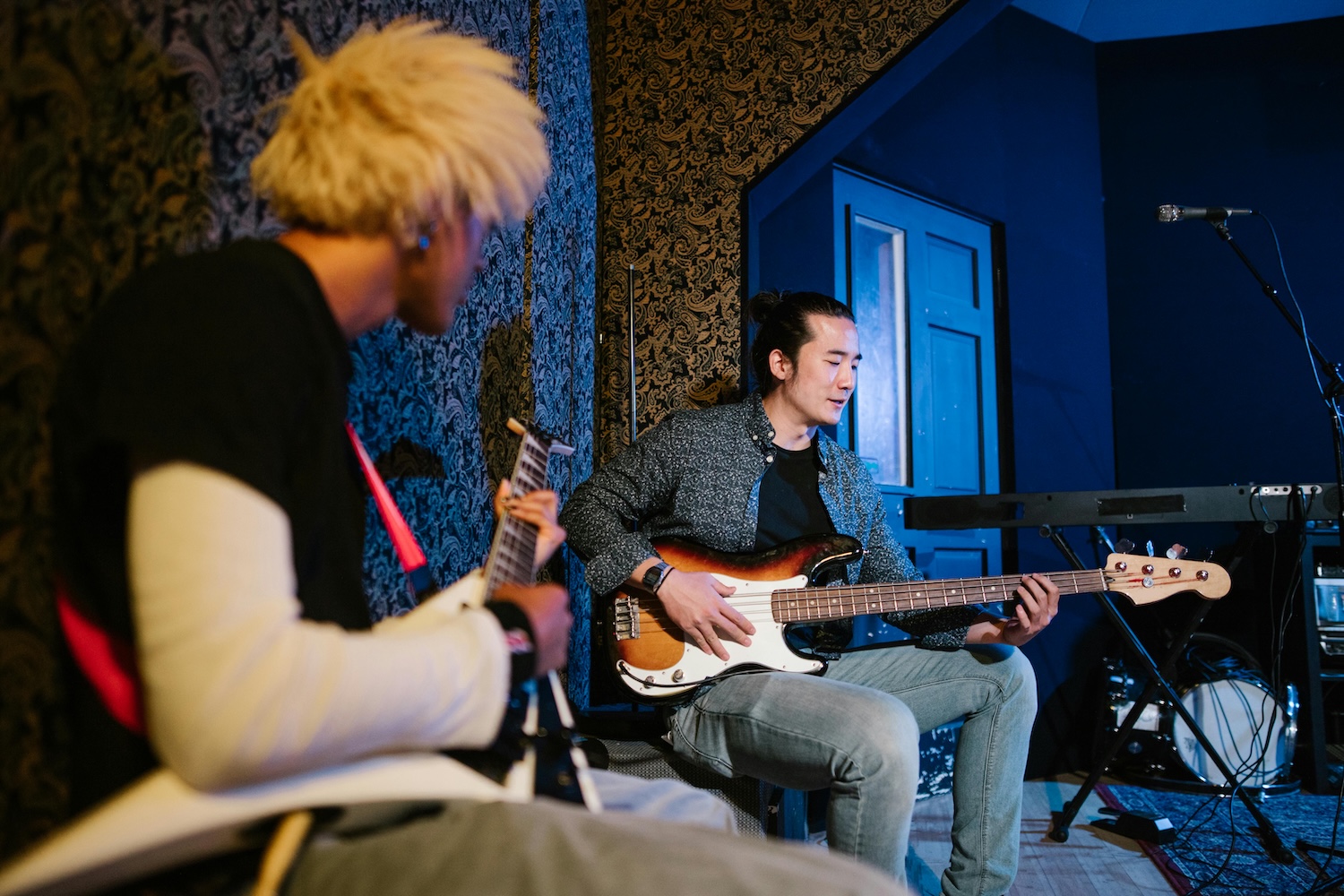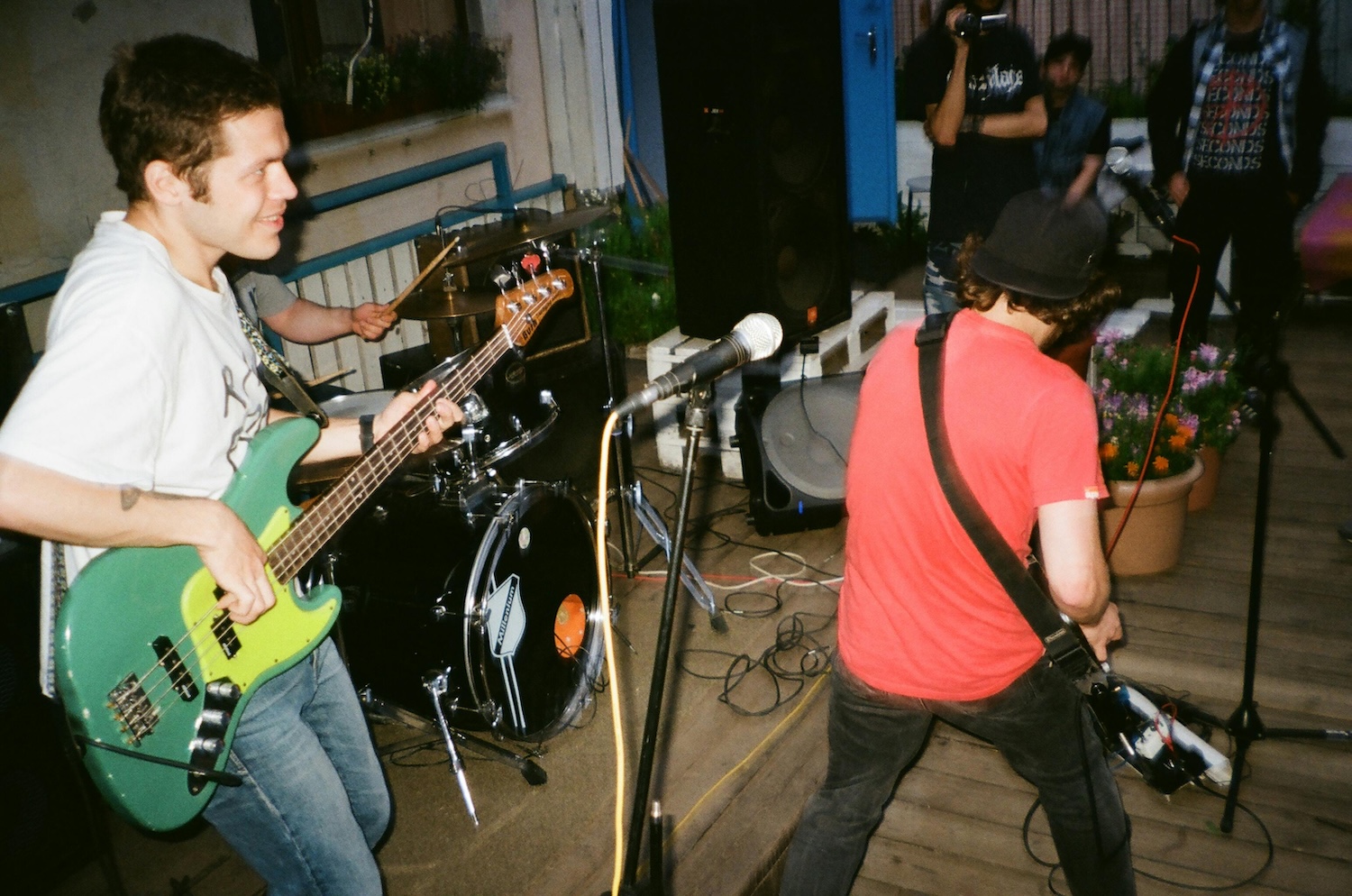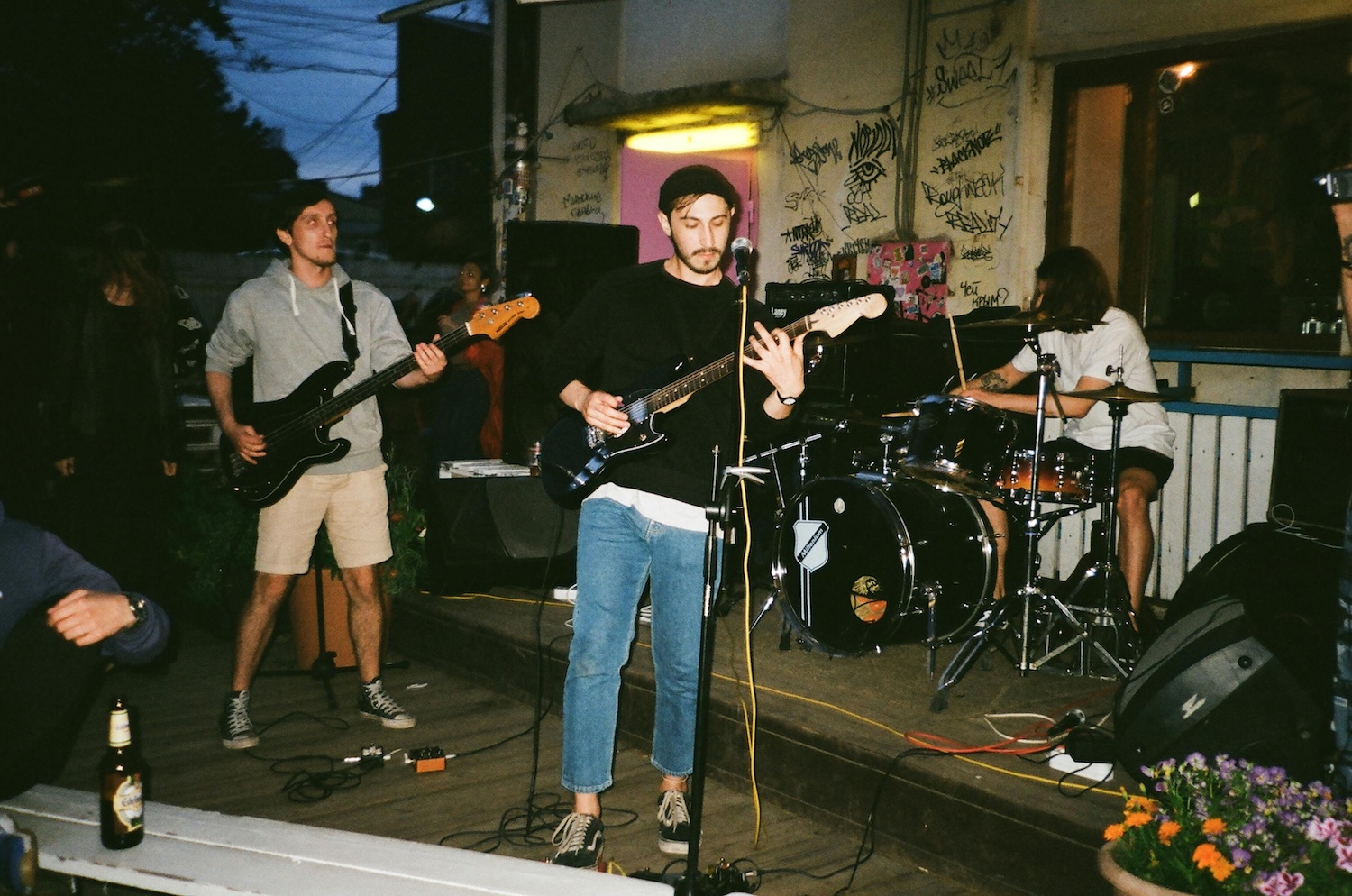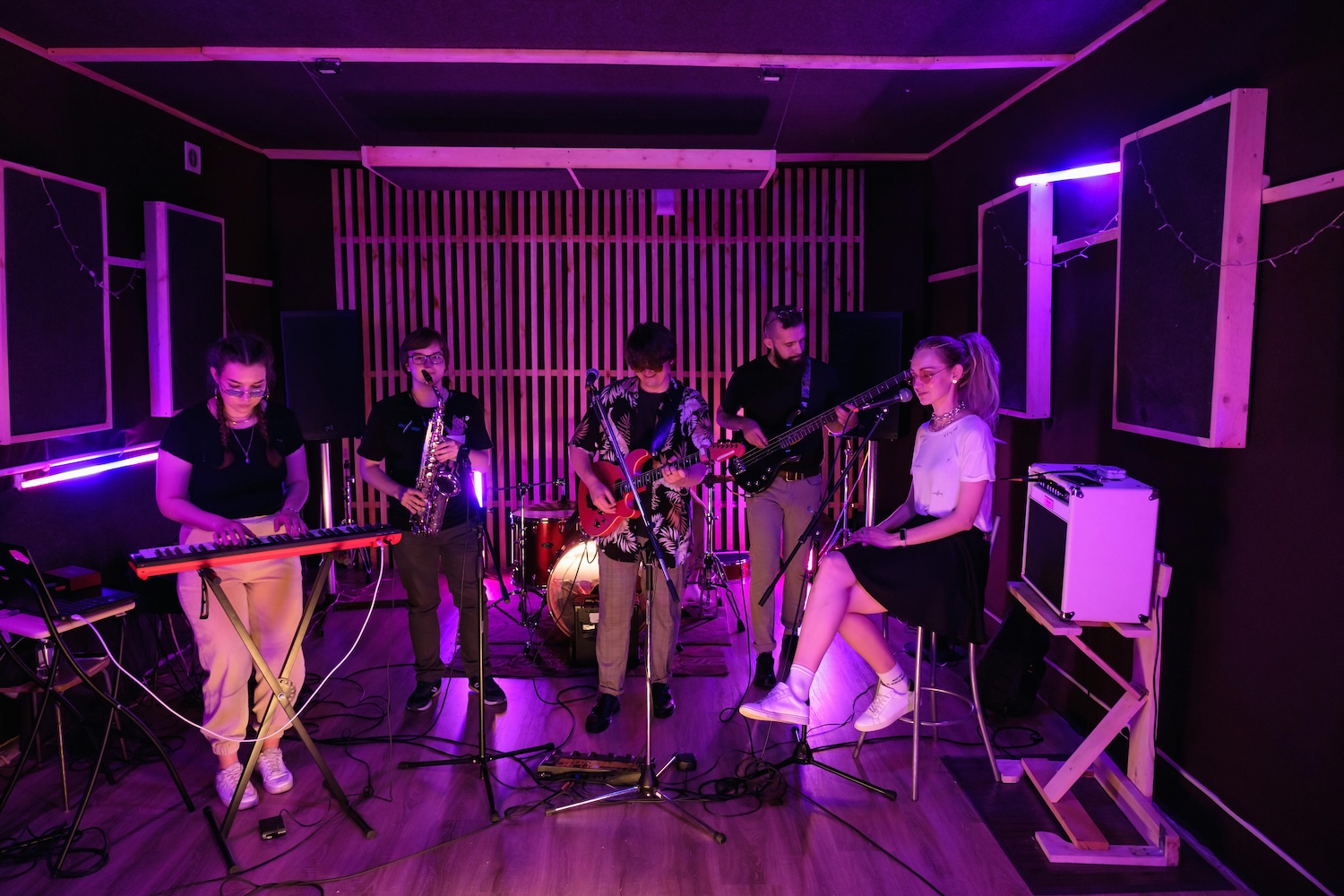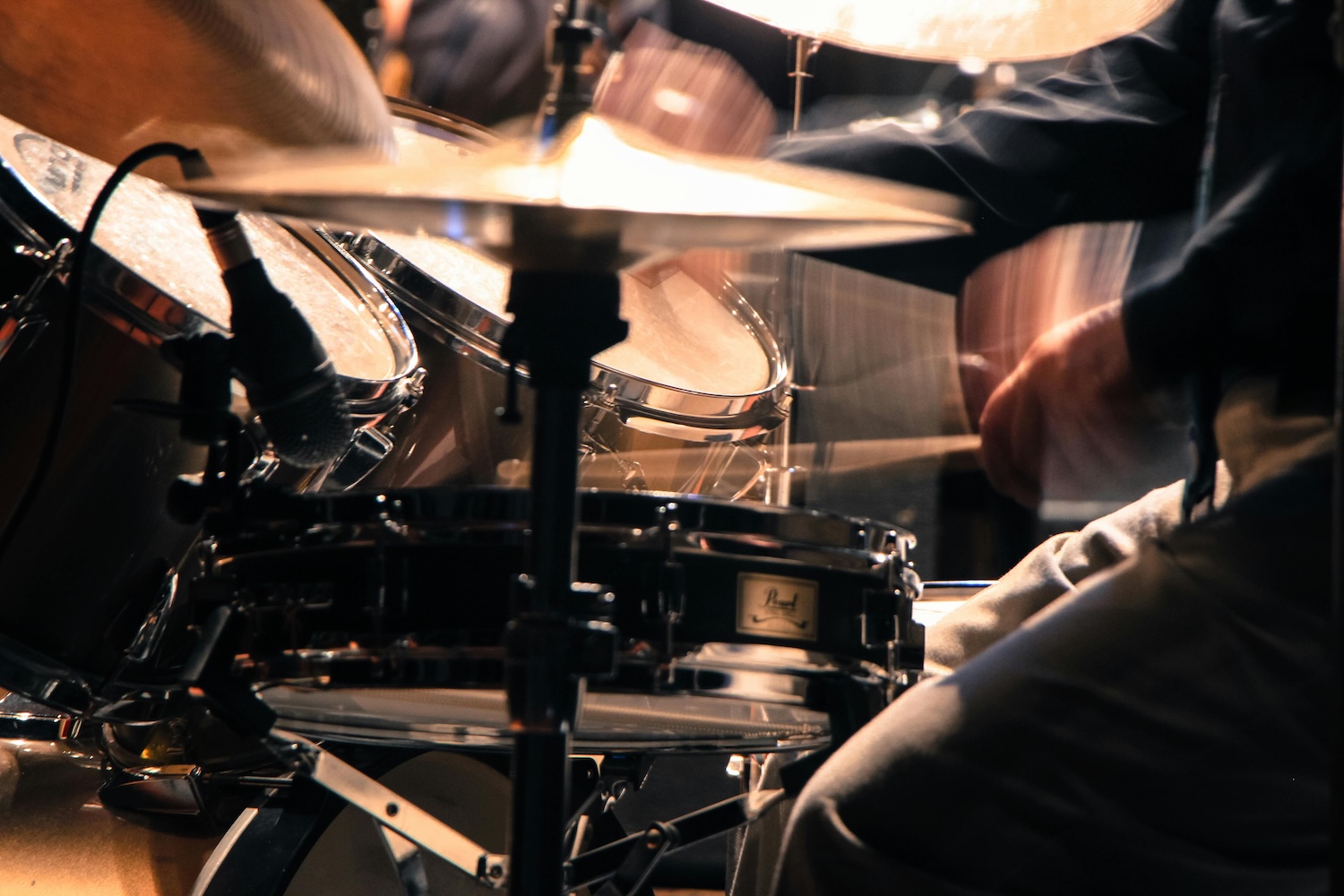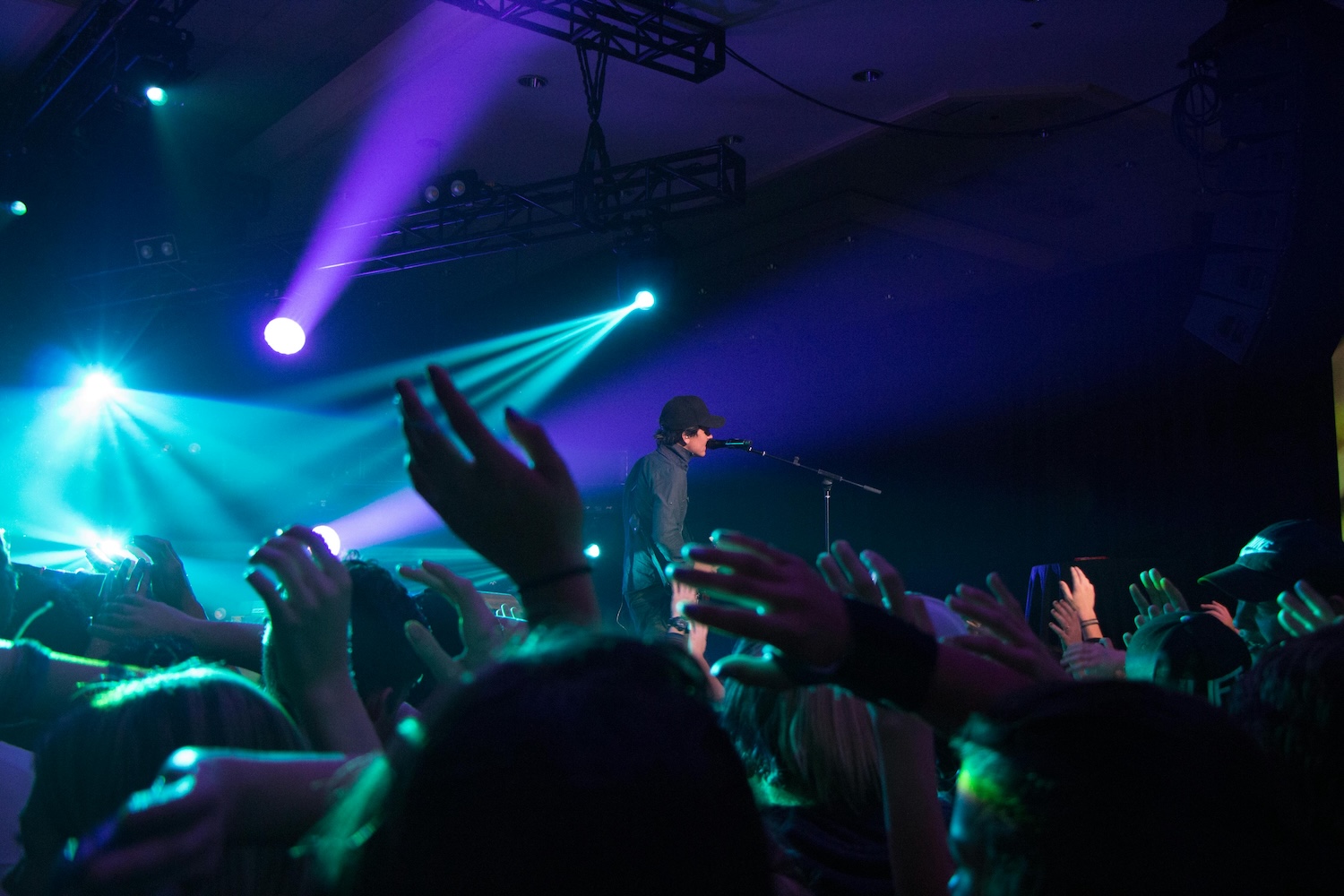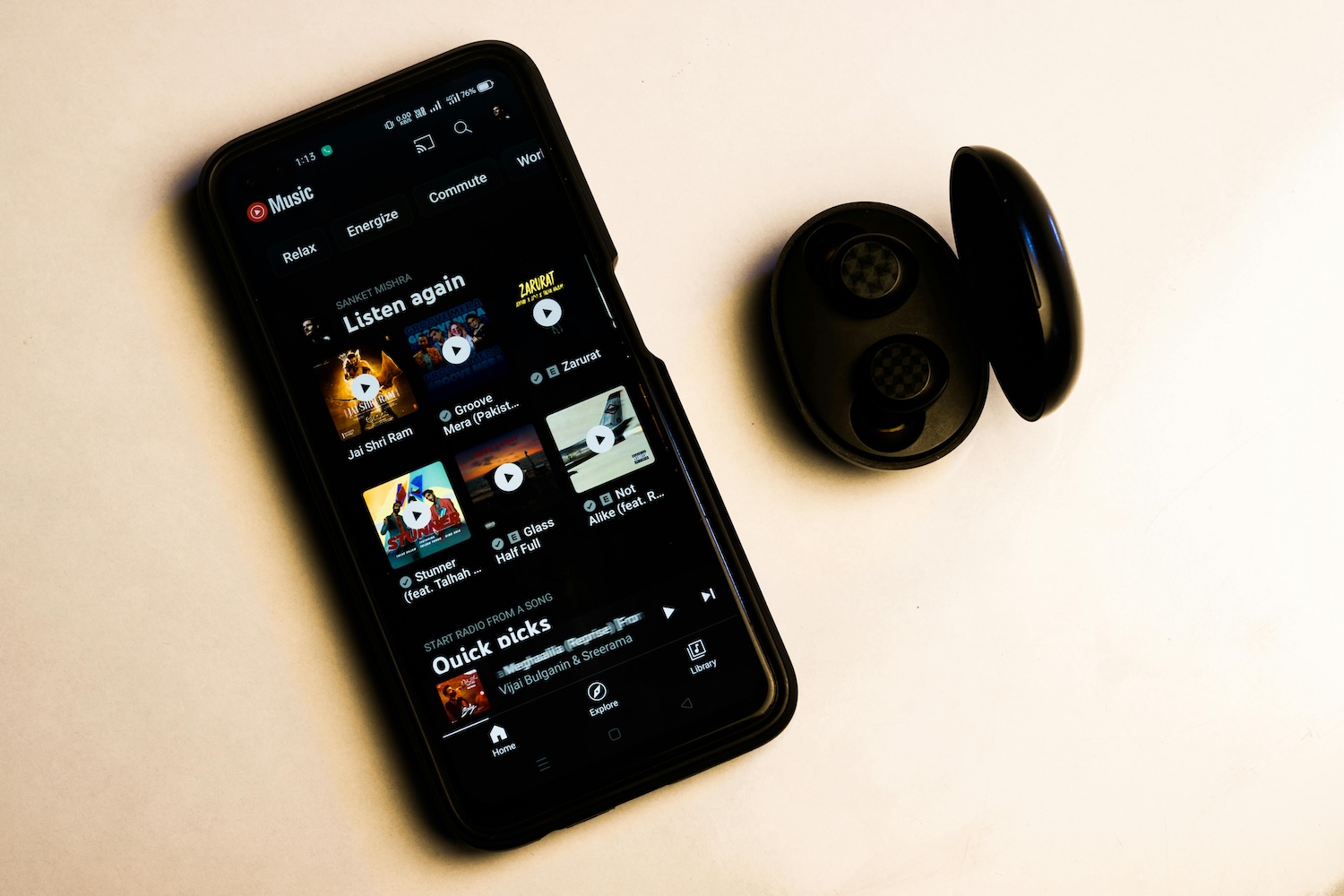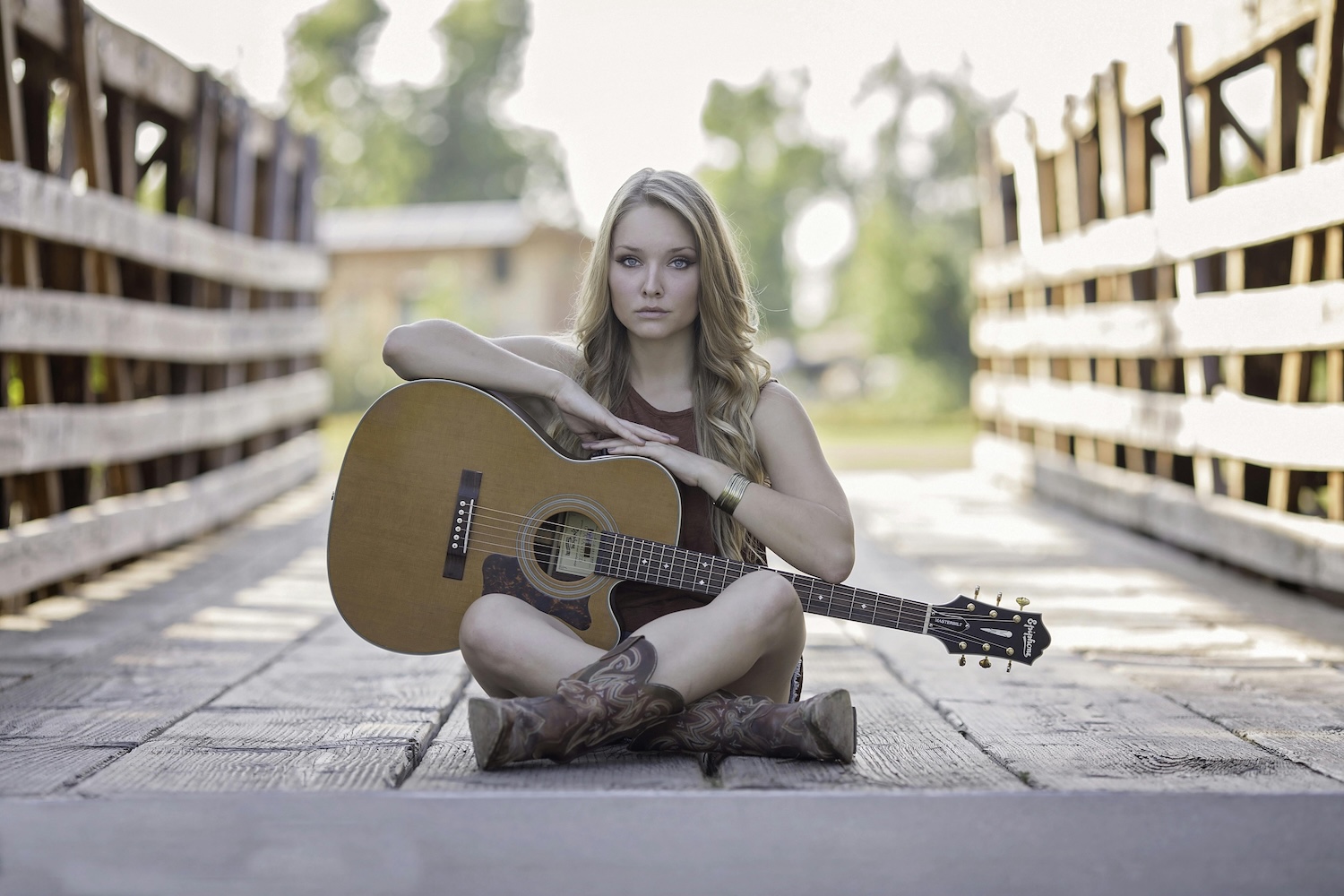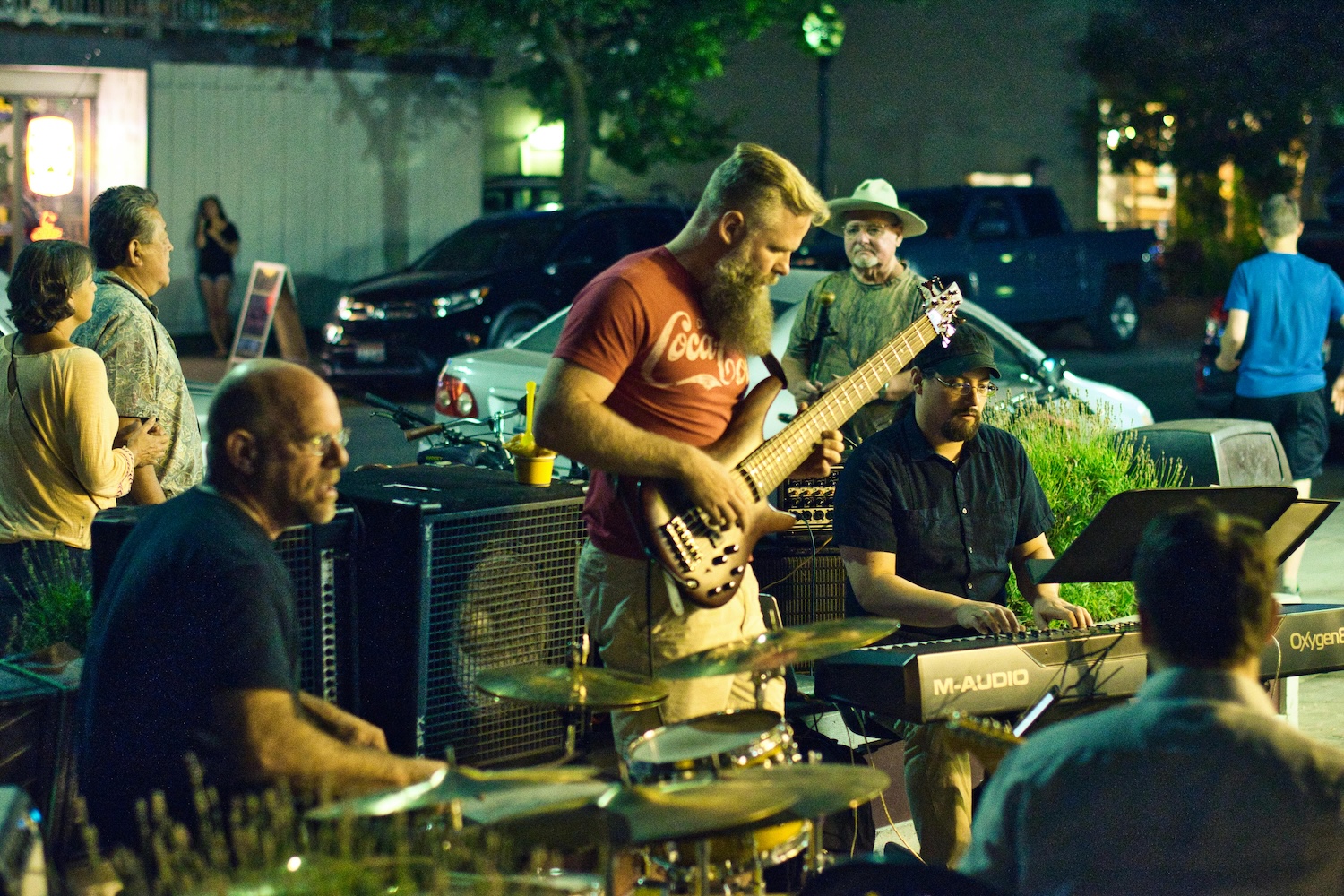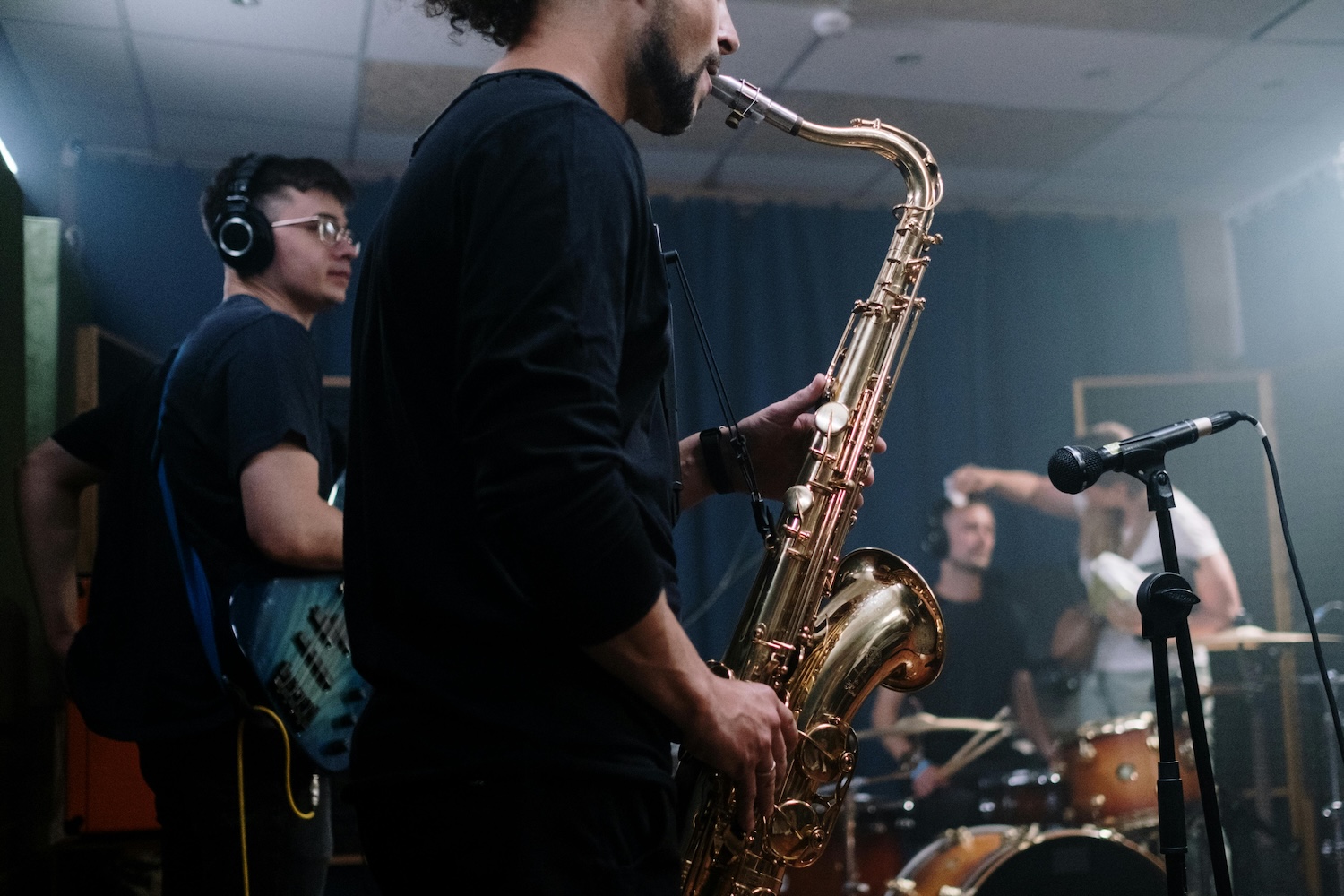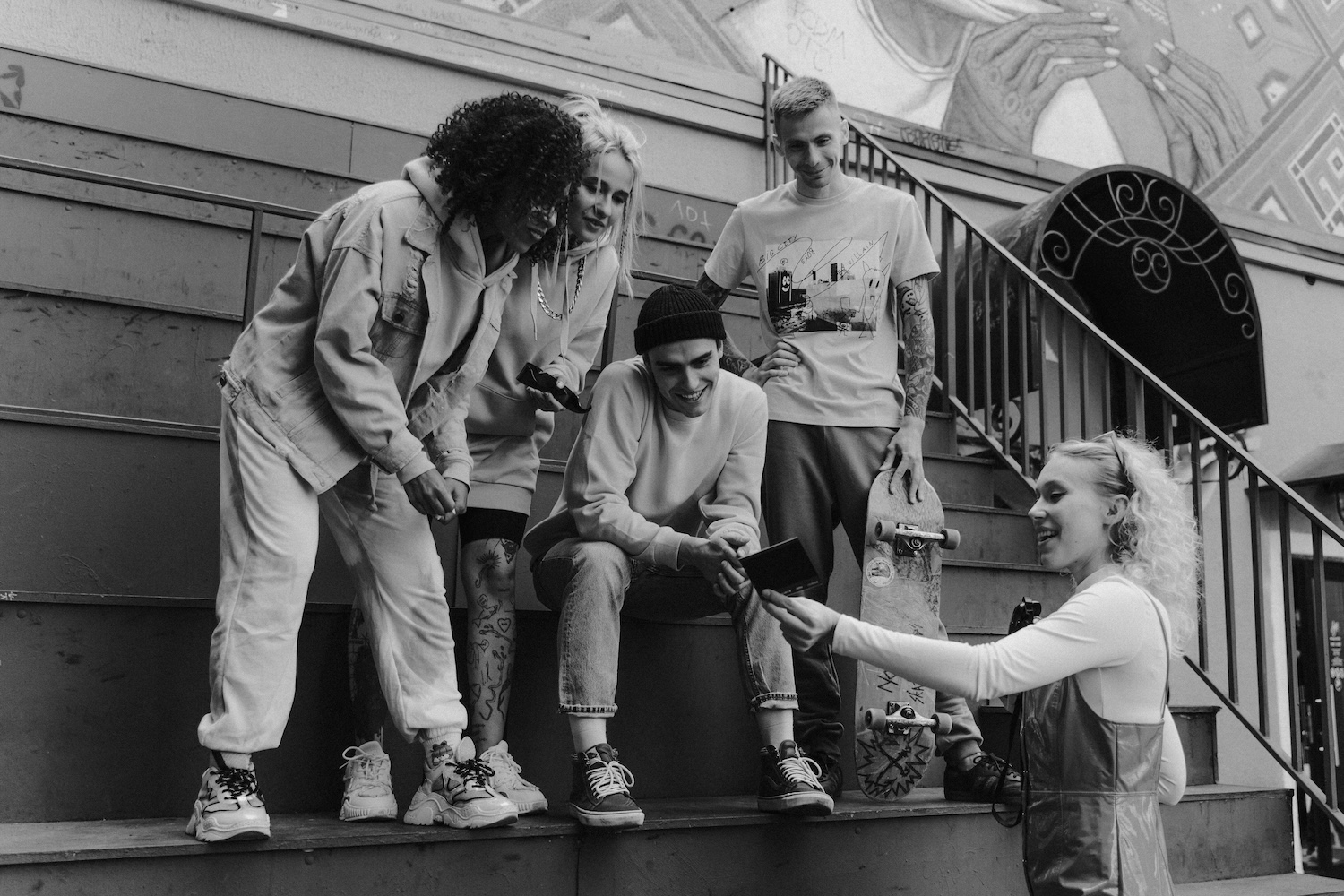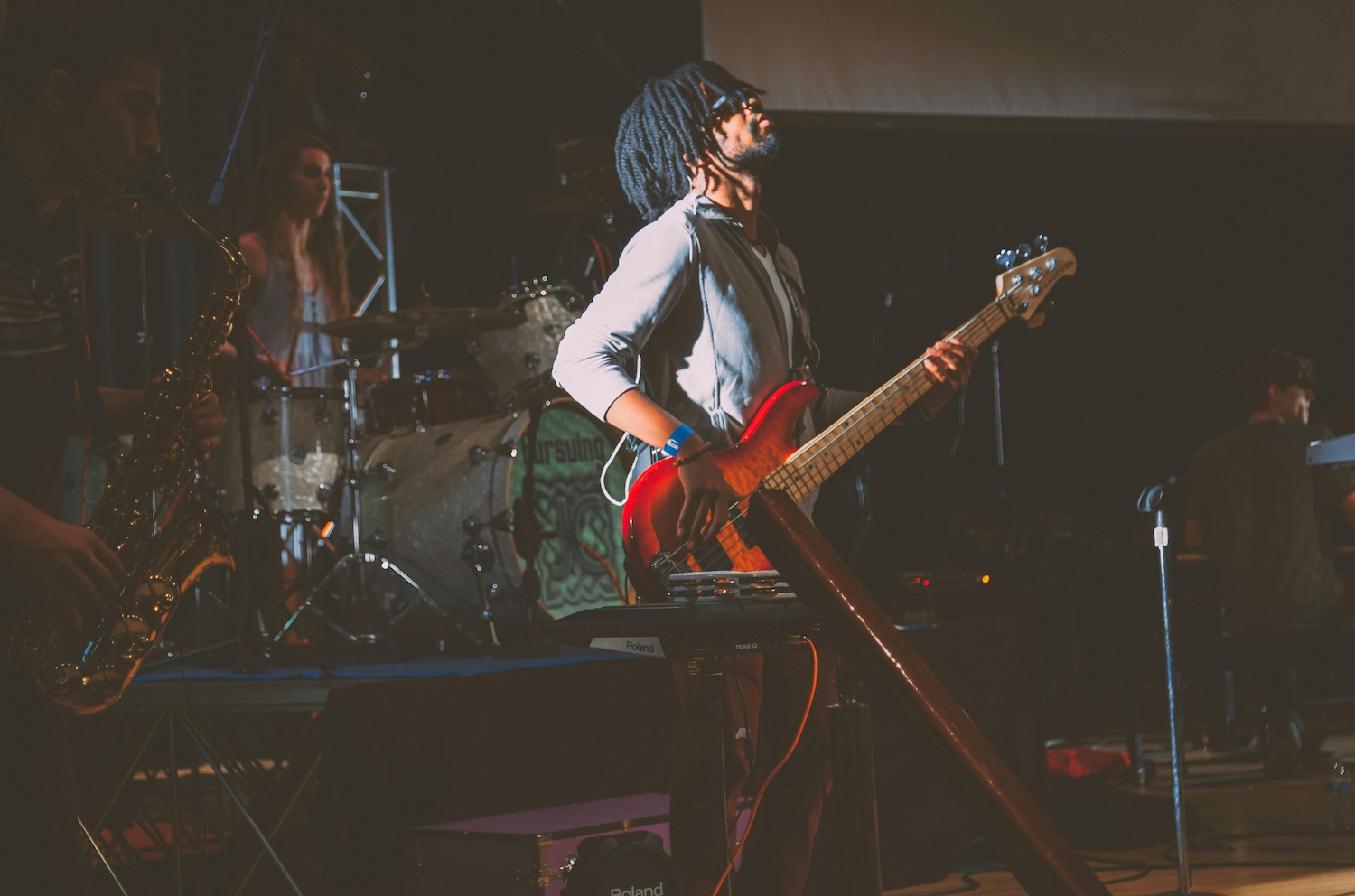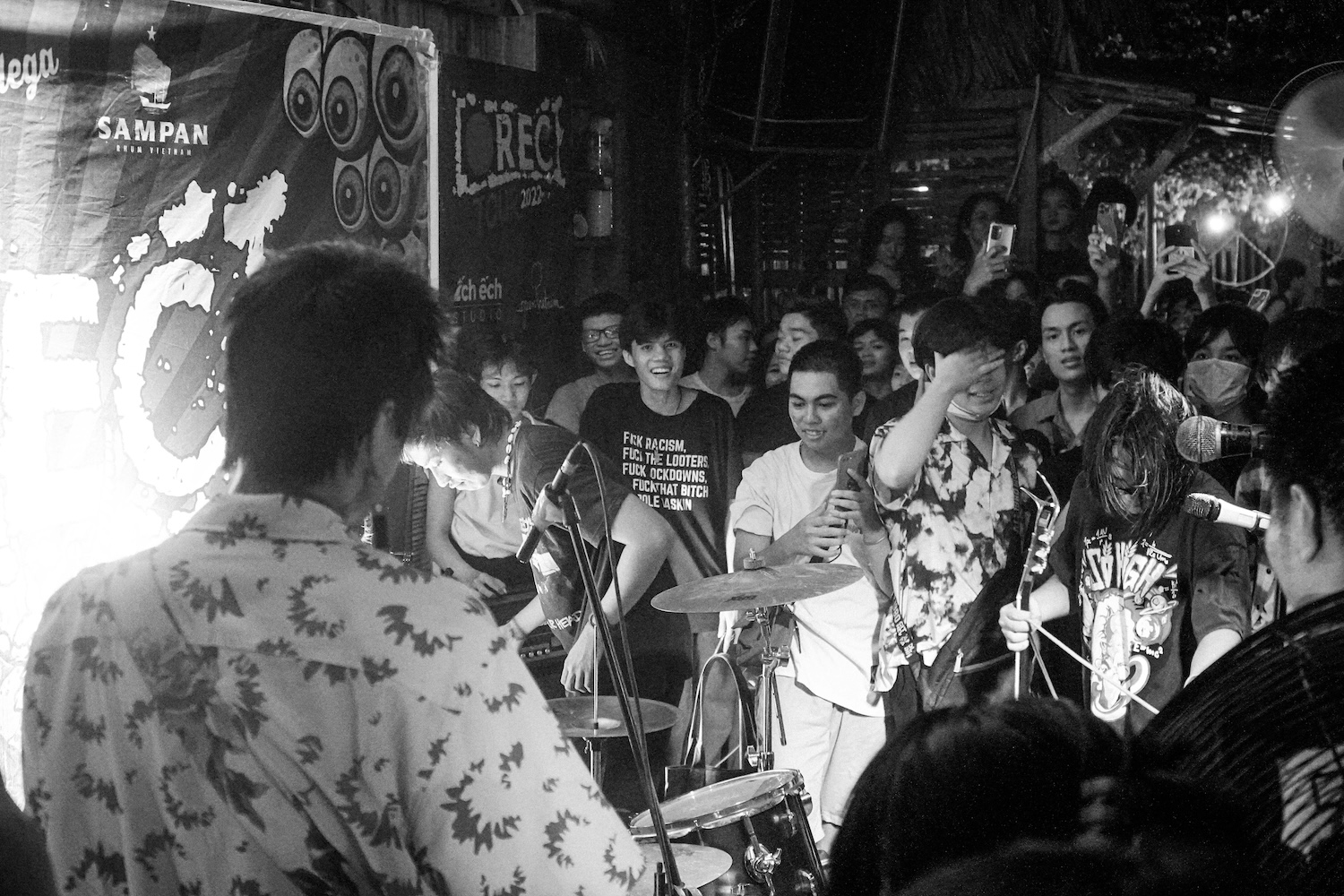The Survival of Small Venues: How Independent Music Spaces Can Adapt to a New Reality
With ticket sales declining, costs rising, and audience habits shifting, small music venues across the country are facing a tough new reality. Where there were once packed rooms and spontaneous nights out, there are now empty seats and a more cautious public. But there is hope. Small venues hold a unique power — the ability to reinvent themselves, reconnect with communities, and thrive in new ways.
From Losing Audiences to Understanding Them
It’s easy to blame the audience — but the truth is, people still care deeply about music. They’re just more selective now. Time and money are limited, and people want experiences that feel personal, meaningful, and worth it.
Tip: Let local artists curate mini-festivals or themed nights. This creates ownership and draws in crowds through personal networks.
Think Like a Cultural Hub — Not Just a Stage
A venue doesn’t have to be just a place where music is played. It can be a dynamic cultural space for workshops, co-writing sessions, listening parties, film screenings, or even community talks. This not only brings in new audiences but also keeps the space alive outside traditional gig hours.
Example: A Sunday morning with coffee, a vinyl market, and acoustic sets could attract both older audiences and young families.
Collaborate Locally — and Digitally
Small venues can win big by partnering up. Local music schools, youth centers, high schools, and cultural institutions are often looking for spaces — and they’re full of young talent eager to perform. At the same time, partnering with digital platforms like Beatnickel can help venues reach broader audiences through smart matchmaking and community tools.
Tip: Offer your stage and tech setup to local schools in exchange for student projects, talent nights, or creative internships.
Create Sustainable Revenue — Even on a Small Scale
We know: energy prices and inflation aren’t something venues can control. But some creative revenue streams can help keep the doors open:
- Sell memberships with perks like discounted tickets or drinks
- Rent out your space for private events during weekdays
- Apply for cultural grants or municipal support by showing your community impact
People Support What They Feel a Part Of
Above all, small venues have something many big ones don’t: soul. And people want to support what they love — if they’re invited in. Share your story. Be transparent about your challenges. Let your audience be part of the journey, whether as donors, volunteers, or co-creators.
Final Thoughts
Small venues are the backbone of the music scene. They’re where artists take their first steps — and where audiences can feel the raw magic of live music up close. Now is the time to adapt, rethink, and build something new. Because the future doesn’t belong to the biggest stages — it belongs to the most creative and connected ones.







